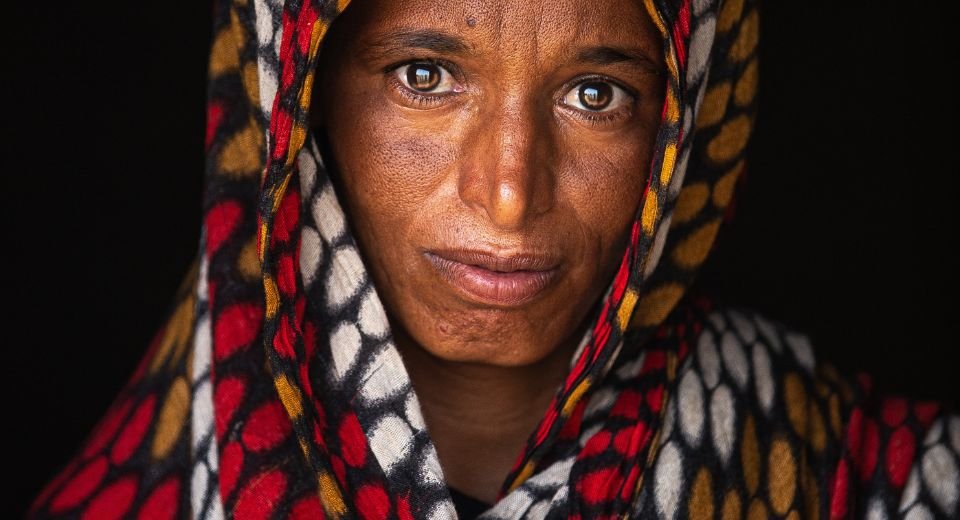HQ Team
July 6, 2023: At least 57 women and girls in Sudan were at the receiving end of sexually-related violence since a conflict between warring factions of the military government in the country began in April, the UN stated.
The violence occurred during 21 incidents and the victims included about 10 girls. “In one case, as many as 20 women were reportedly raped in the same attack,” according to the UN Human Rights Office in Sudan.
The Un while expressing “shock” and condemning the violence, called for an immediate end to gender-based violence, including sexual violence against the internally displaced and refugee women and girls.
The UN also wanted impartial and independent probes into all alleged gross violations and abuses of human rights and serious violations of international humanitarian law, and for perpetrators to be held accountable.
“All parties must respect their obligations under international humanitarian law and human rights law to protect civilians, including women and girls, including allowing safe passage for survivors to access health care and for health workers to reach health facilities,” according to the UN.
4.2 million people
Before fighting broke out on 15 April, more than three million women and girls in Sudan were at risk of gender-based violence, including intimate-partner violence, according to UN estimates. This number has since climbed to an estimated 4.2 million people.
The UN Unit for Combatting Violence against Women under Sudan’s Ministry of Social Development also continues to receive reports of conflict-related sexual violence. It has documented at least 42 alleged cases in the capital, Khartoum, and 46 in the Darfur region.
“The real number of cases is undoubtedly far higher,” given the significant underreporting of gender-based violence, the UN stated.
“Many survivors find it challenging to report sexual violence due to shame, stigma, and fear of reprisal. Reporting violations and getting support is also made difficult, if not impossible, by the lack of electricity and connectivity, as well as the lack of humanitarian access due to the volatile security situation.”
Attacks on and occupation of health facilities also prevented survivors from seeking and accessing emergency health care. Women, including refugees living in Sudan prior to the conflict, have reported incidents of gender-based violence when fleeing Khartoum to other areas.
Psychological support
“We are receiving shocking reports of sexual violence against women and girls, including rape,” said Volker Turk, UN High Commissioner for Human Rights. “And in the aftermath of such cruelty and brutality, the women and girls are left with little or no medical and psychosocial support. There must be zero tolerance for sexual violence. All perpetrators must be held accountable.”
Women fleeing across Sudan’s borders have told UNHCR and UN Human Rights teams in neighbouring countries of the horrific violence they faced.
The risk of sexual violence is especially high when women and girls are on the move seeking safer locations, according to the UN statement.
“There is an urgent need to ramp up assistance at reception sites for internally displaced people in Sudan’s conflict-affected areas, as well as in neighbouring countries.”
For survivors of sexual violence, timely access to health services is life-saving. In Sudan, women activists have underscored the need for more medications, medical supplies, dignity kits, and Post-Exposure Prophylaxis kits to prevent HIV transmission for the clinical management of rape.
These items must also reach local clinics, community-based organizations, and key front-line responders when survivors cannot access health facilities, the UN stated.
$63 million required
Funding requirements for protection programmes, including gender-based violence prevention and response for those who fled Sudan to neighbouring countries, stand at nearly $63 million.
“Sexual violence is one of the most challenging international crimes to document and pursue in court,” said Sima Bahous, executive director of UN Women.
“Pervasive stigma inhibits survivors from coming forward or seeking the support they need. This in turn limits survivors’ access to crucial medical and legal services, resulting in unresolved urgent needs as well as underreported and undocumented cases.
“Allegations of sexual violence must be rigorously investigated, prioritizing the rights, needs, and safety of those affected.”
